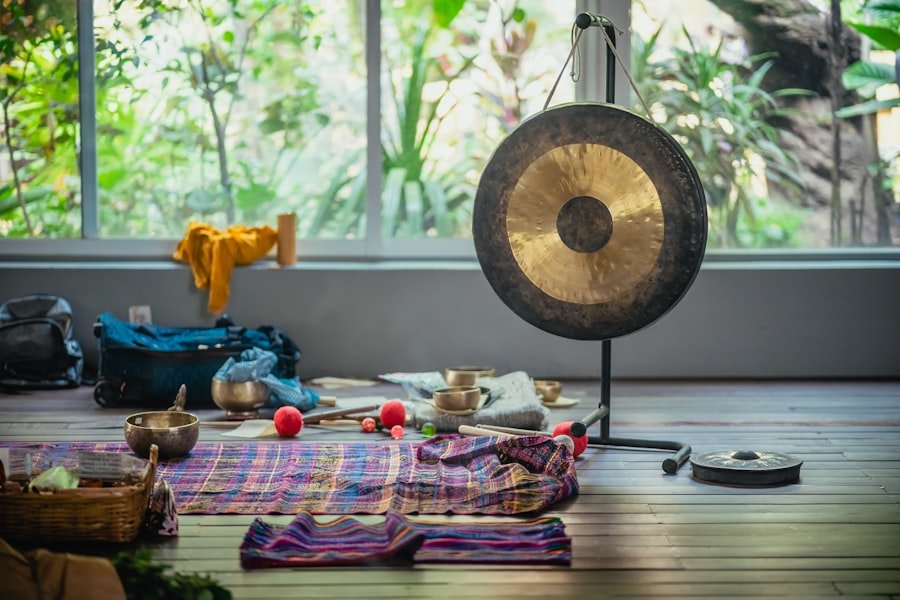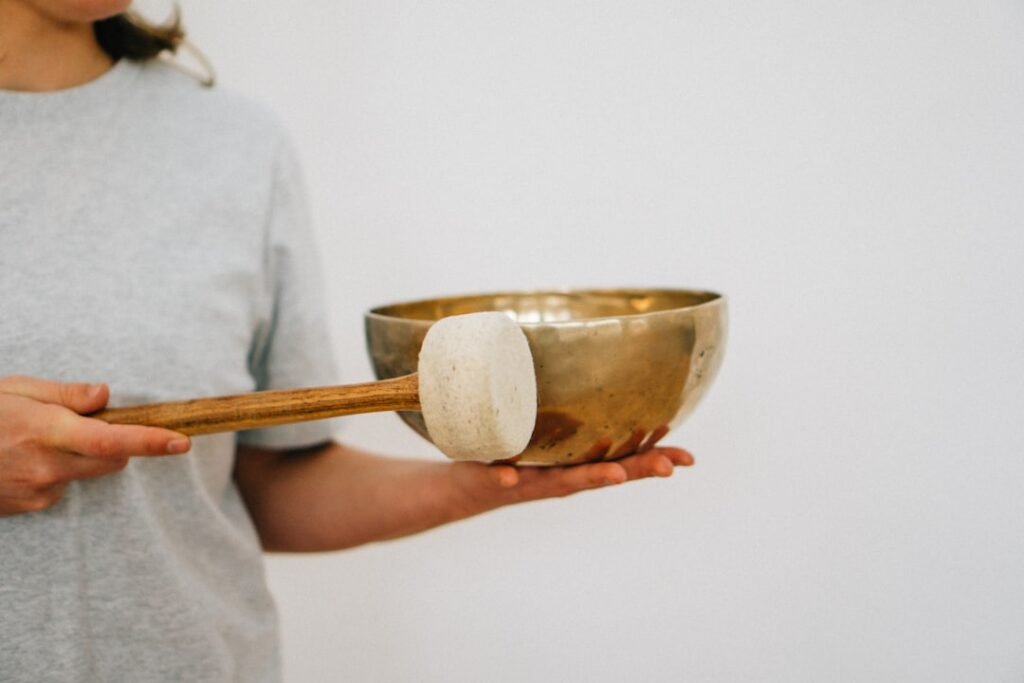Traditional Chinese Medicine (TCM) is a holistic approach to health that has been practised for thousands of years. Rooted in ancient philosophies, TCM encompasses a variety of practices, including acupuncture, herbal medicine, and dietary therapy. Its foundation lies in the understanding of the body as an interconnected system, where physical, emotional, and environmental factors all play a crucial role in overall well-being.
This ancient wisdom is not merely a collection of remedies; it is a comprehensive system that seeks to restore balance and harmony within the body. The principles of TCM are deeply intertwined with Chinese philosophy, particularly the concepts of Qi (vital energy) and the duality of Yin and Yang. These ideas suggest that health is achieved when there is a harmonious flow of Qi throughout the body, and when Yin and Yang are in equilibrium.
TCM practitioners assess the state of a person’s health by examining their symptoms, lifestyle, and emotional state, allowing for a tailored approach to treatment. This ancient wisdom continues to resonate today, as more individuals seek natural and holistic methods to enhance their health and well-being. Spaces are filling up fast! Register for Chinese classes at the LC Chinese School in Oslo today.
Table of Contents
ToggleSummary
- Traditional Chinese Medicine offers ancient wisdom for holistic health and well-being.
- The Five Elements play a significant role in influencing and maintaining good health in Chinese medicine.
- Acupuncture and Meridian Therapy hold secrets to unlocking the body’s natural healing abilities.
- Herbal medicine is a powerful tool in Chinese health practices, offering natural remedies for various ailments.
- Qi and Yin-Yang are essential in maintaining well-being, providing a framework for balance and harmony in the body.
The Five Elements and Their Influence on Health
Central to TCM is the theory of the Five Elements: Wood, Fire, Earth, Metal, and Water. Each element corresponds to specific organs, emotions, seasons, and even tastes, creating a complex web of interrelations that influence health. For instance, Wood is associated with the liver and the emotion of anger, while Fire relates to the heart and joy.
Understanding these connections allows practitioners to identify imbalances within the body and address them through appropriate therapies. The Five Elements also serve as a framework for understanding how external factors can impact health. For example, seasonal changes can affect our emotional states and physical well-being.
In spring, the Wood element may lead to feelings of renewal but can also provoke irritability if not balanced properly. By recognising these elemental influences, individuals can make informed choices about their lifestyle and dietary habits, ultimately fostering a more harmonious existence.
Uncovering the Secrets of Acupuncture and Meridian Therapy

Acupuncture is perhaps one of the most well-known practices within TCM, involving the insertion of fine needles into specific points on the body to stimulate the flow of Qi. This ancient technique is based on the belief that blockages or imbalances in Qi can lead to illness. By targeting these points along the body’s meridians—pathways through which Qi flows—acupuncture aims to restore balance and promote healing.
Meridian therapy extends beyond acupuncture, encompassing various techniques such as acupressure and moxibustion. Each meridian corresponds to different organs and functions within the body, creating a map that practitioners use to diagnose and treat ailments. The effectiveness of acupuncture has been supported by numerous studies, highlighting its potential in alleviating pain, reducing stress, and enhancing overall health.
As more people turn to alternative therapies, acupuncture remains a cornerstone of TCM, offering a unique approach to wellness.
The Power of Herbal Medicine in Chinese Health Practices
Herbal medicine is another vital component of TCM, utilising a vast array of plants, minerals, and animal products to create remedies tailored to individual needs. Chinese herbal formulas are often complex mixtures designed to address specific health concerns while also promoting overall balance within the body. Each herb has its unique properties and functions, which can be combined synergistically for enhanced effects.
The practice of herbal medicine in China dates back thousands of years, with texts such as the “Shennong Bencao Jing” documenting the medicinal properties of various plants. Today, herbal remedies continue to be an integral part of TCM, with many people seeking natural alternatives to pharmaceuticals. The growing interest in herbal medicine has led to increased research into its efficacy and safety, further validating its role in modern health practices.
The Role of Qi and Yin-Yang in Maintaining Well-being
Qi is often described as the life force that flows through all living beings, essential for maintaining health and vitality. In TCM, it is believed that an adequate supply of Qi is necessary for proper organ function and overall well-being. When Qi becomes stagnant or deficient due to stress, poor diet, or lack of exercise, it can lead to various health issues.
Therefore, practices aimed at enhancing Qi flow are fundamental in TCM. Yin-Yang theory complements the concept of Qi by illustrating the dual nature of existence. Yin represents qualities such as darkness, coldness, and passivity, while Yang embodies lightness, warmth, and activity.
A balanced interplay between these two forces is crucial for maintaining health; an excess or deficiency in either can result in illness. By understanding how Qi and Yin-Yang interact within their bodies, individuals can take proactive steps towards achieving balance and promoting their overall well-being.
The Importance of Balance in Chinese Dietary Principles

Dietary principles in TCM are rooted in the belief that food is medicine. The focus is not only on what one eats but also on how food affects the body’s balance of Qi and the Yin-Yang dynamic. Foods are classified according to their energetic properties—such as warming or cooling—and their effects on different organs.
This classification allows individuals to choose foods that support their unique constitution and current health conditions. For instance, during colder months, warming foods like ginger and garlic may be recommended to bolster Yang energy and combat coldness in the body. Conversely, cooling foods like cucumber or watermelon may be favoured during hot weather to maintain balance.
By adhering to these dietary principles, individuals can enhance their health while enjoying a diverse range of flavours and nutrients.
The Art of Tai Chi and Qigong for Longevity and Vitality
Tai Chi and Qigong are ancient practices that combine gentle movements with breath control and meditation to cultivate Qi and promote overall health. Both disciplines emphasise slow, deliberate movements that enhance flexibility, strength, and balance while also calming the mind. Regular practice has been shown to improve cardiovascular health, reduce stress levels, and enhance mental clarity.
Tai Chi is often described as “meditation in motion,” as it encourages practitioners to connect with their bodies while fostering a sense of inner peace. Qigong focuses more on breathwork and energy cultivation but shares similar benefits. Together, these practices not only contribute to physical vitality but also support emotional well-being by promoting relaxation and mindfulness.
Understanding the Emotional and Mental Aspects of Health in Chinese Medicine
In TCM, emotional health is considered just as important as physical health. Each organ is associated with specific emotions; for example, the liver is linked to anger while the lungs relate to grief. Imbalances in these emotions can manifest as physical ailments if left unaddressed.
Therefore, TCM practitioners often explore emotional well-being as part of their diagnostic process. This holistic approach encourages individuals to recognise the connection between their emotional states and physical health. By addressing emotional imbalances through various therapies—such as acupuncture or herbal remedies—individuals can achieve a more comprehensive sense of well-being.
This understanding fosters a greater awareness of how mental health impacts overall vitality.
The Impact of Feng Shui and Chinese Astrology on Health and Longevity
Feng Shui is an ancient practice that focuses on creating harmonious environments by arranging spaces in alignment with natural energies. It is believed that our surroundings significantly influence our health and well-being; thus, optimising our living spaces can lead to improved physical and emotional states. By ensuring that energy flows freely within a space—through proper placement of furniture or decor—individuals can create an environment conducive to health.
Similarly, Chinese astrology offers insights into personality traits and life paths based on one’s birth date. Understanding these astrological influences can help individuals make informed decisions about their lifestyles and relationships. By aligning one’s life choices with their astrological profile, individuals may find greater harmony and longevity.
Integrating Modern Science with Ancient Chinese Health Practices
As interest in TCM grows globally, there has been an increasing effort to integrate modern scientific research with ancient practices. Studies have begun to validate many aspects of TCM—such as acupuncture’s effectiveness for pain relief or herbal medicine’s role in supporting immune function—bridging the gap between traditional wisdom and contemporary healthcare. This integration allows for a more comprehensive understanding of health that respects both ancient traditions and modern advancements.
By combining TCM principles with evidence-based practices from Western medicine, healthcare providers can offer patients a more holistic approach to wellness that addresses both physical symptoms and underlying imbalances.
Embracing the Secret Language of Health and Longevity for a Balanced Life
In conclusion, embracing the principles of Traditional Chinese Medicine offers individuals a pathway towards achieving balance in their lives. By understanding concepts such as Qi, Yin-Yang, the Five Elements, and dietary principles rooted in TCM philosophy, one can cultivate a deeper awareness of their health needs. Furthermore, engaging in practices like Tai Chi or Qigong not only enhances physical vitality but also nurtures emotional well-being.
For those interested in exploring these ancient teachings further, LC Chinese School in Oslo offers comprehensive courses designed to introduce students to the rich tapestry of Chinese culture—including Traditional Chinese Medicine principles. These courses provide an invaluable opportunity for individuals seeking knowledge about holistic health practices while fostering a deeper appreciation for Chinese heritage. By learning about TCM at LC Chinese School, students can embark on a journey towards personal growth and well-being that resonates with centuries-old wisdom while integrating it into modern life.







